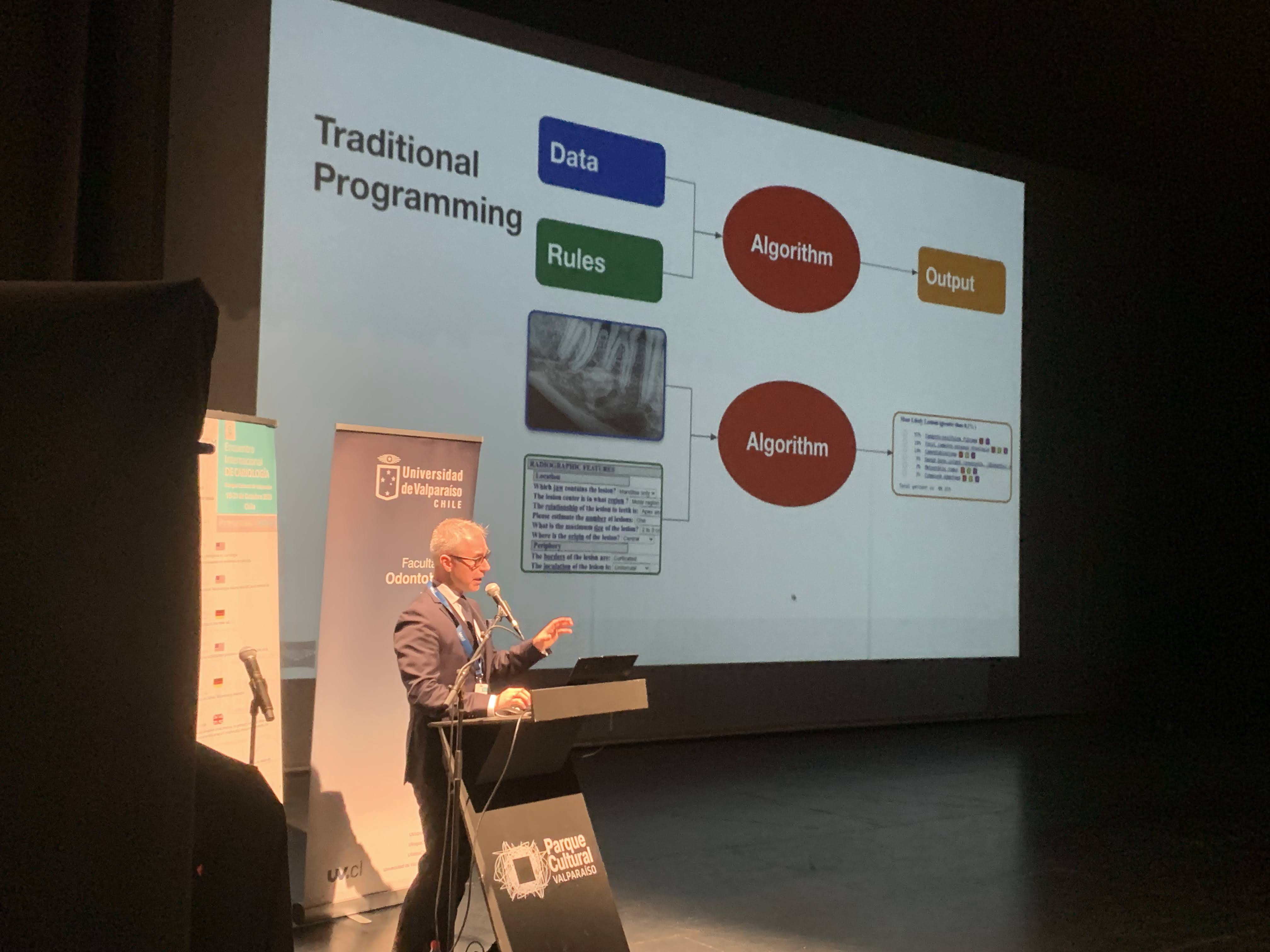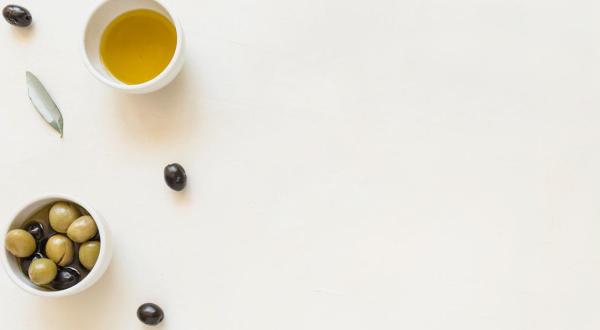RSU Assoc. Prof. Dr Sergio Uribe featured as keynote speaker at international cariology conference in Chile
The prestigious Sixth International Cariology Meeting, which is a collaboration between the Faculty of Dentistry of the University of Valparaíso (UV), the Academy of Cariology of Chile, and the Centre for Research in Dental and Medical Sciences (CIICOM), took place on 19-21 October in Valparaíso, Chile.
The conference returned after a 4-year hiatus in a hybrid format. Virtual meetings took place on 19-20 October and a lively in-person gathering was organised on 21 October in Valparaíso Cultural Park. The day was spent rekindling connections and sharing knowledge about cariology with peers.
The cariology conference was international, with over 160 attendees from countries from as far away as Finland and included experts from Germany, Latvia, the UK, and the US. Dr. Juan Eduardo Onetto from UV highlighted the event's multidisciplinary approach and offered top-tier academic perspectives.
The Sixth International Cariology Meeting featured a rich programme of lectures by renowned experts. Prof. Falk Schwendicke from Charité - Universitätsmedizin Berlin, Prof. Nicola Innes from Cardiff University, Prof. Miguel Muñoz from UV, Prof. Rocio Quiñonez and Prof. Apoena Ribeiro from the University of North Carolina at Chapel Hill provided in-depth insights.
Adding to the event's prestige, the programme featured keynote speakers including Prof. Leo Tjäderhane from the University of Helsinki and Prof. Alonso Carrasco Labra from Penn University. A highlight was the address by Assoc. Prof. Dr Sergio Uribe of Rīga Stradiņš University (RSU) who presented on groundbreaking developments in the use of artificial intelligence for caries detection and prognosis, establishing his role as a leading authority in the field.
Commenting on his participation and the themes of the conference, Dr Uribe said: ‘It is vital that events such as the Sixth International Cariology Meeting highlight the latest research advances in the diagnosis, prognosis, and treatment of dental caries. This disease remains the most prevalent pathology, affecting more than 4 billion people worldwide. In Latvia, alarming statistics show that approximately 72% of 12-year-olds suffer from dental caries. It's alarming that it is the leading cause of hospitalisation in children under five worldwide’.

Dr Uribe continued, ‘However, there's hope on the horizon. By incorporating artificial intelligence into our diagnostic processes, we can detect smaller lesions earlier. Innovations such as these, combined with cutting-edge treatments that are currently being introduced in Latvia by the RSU Department of Conservative Dentistry and Oral Health, such as silver diamine fluoride, which is beginning to gain traction in Latvia, are instrumental in reducing the severity of dental caries. Our mission is to disseminate this knowledge to ensure that we are not only addressing the problem but actively working towards its eradication’.




